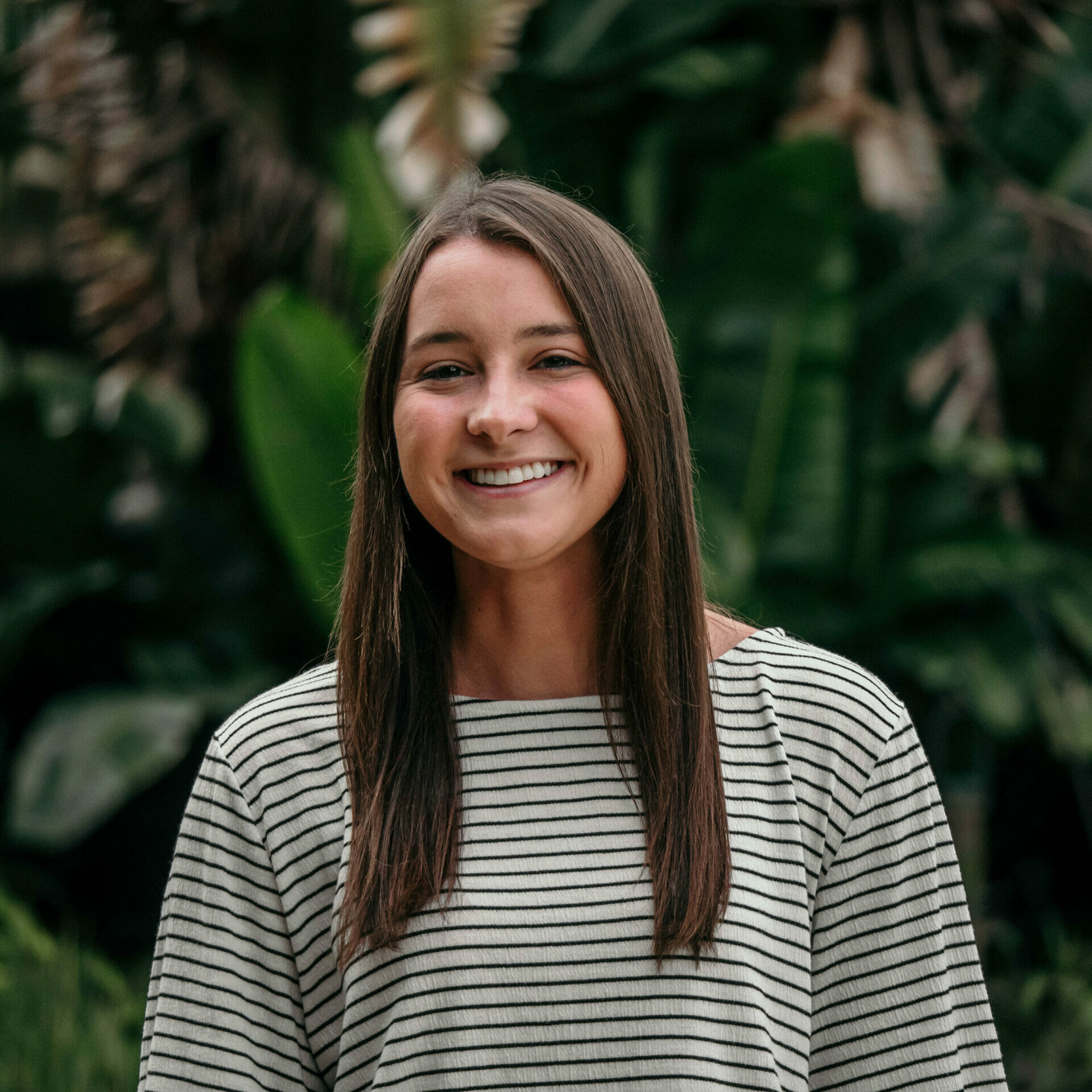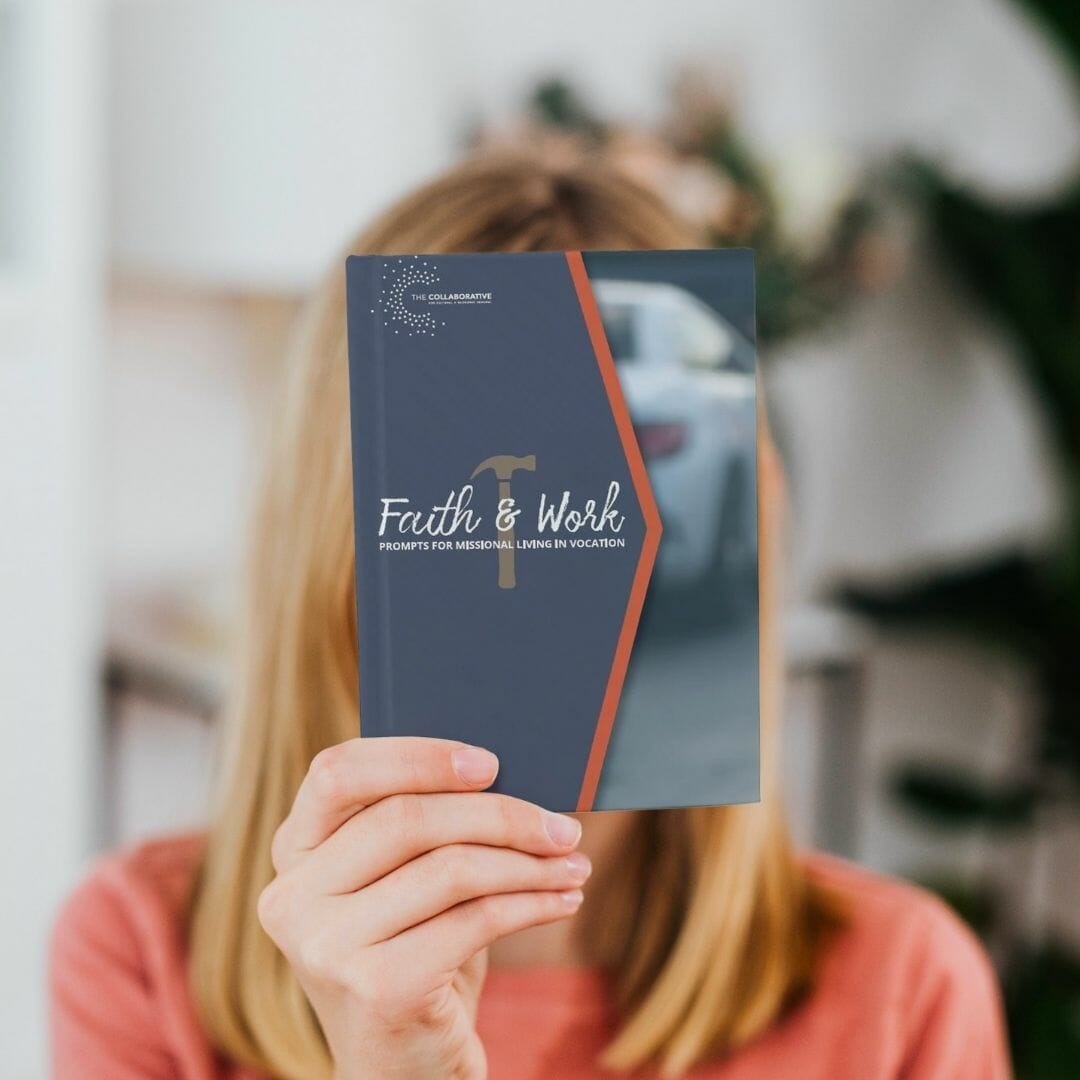The Orlando Heart of the City Fellows is a Christ-centered, character formation program for recent college graduates based in the local church. Our mission is to prepare the Fellows to live seamless lives of faith and ‘Start Well’. As a part of this program, each year the Orlando Fellows take two courses accredited through Reformed Theological Seminary and taught by Dr. Case Thorp. One assignment is for each Fellow to interview a coworker where they are interning and write a paper based on the interview, exploring topics discussed in class around the themes of faith and work integration. The article below is the fruit of one of these interviews.
Today’s blog is by current Orlando Fellow Kerri Shook, who is doing her internship with Second Harvest Food Bank of Central Florida and has the pleasure of working for Amy Lein, the Director of Human Resources. There are a number of overlapping circles here because Amy Lein is both a Gotham Fellow and member of The Collaborative’s Advisory Board. Kerri’s article provides outstanding insight while offering a peek into both her work as a Fellow and lessons learned in real time. Enjoy!
What Do We Believe About Work?
By Kerri Shook
When I first began the process of conducting this interview and writing this paper, I had my boss, Amy Lein, the Director of Human Resources at Second Harvest, in mind as the interviewee. Being the individual I spend the most time with at work and know best, she seemed like an easy, comfortable target. Also being a Christian, a graduate from Gotham Fellows, and a student of Gotham Recharge, I figured she would be able to share some valuable wisdom on work through the lens of the gospel.
While this is all true, I began reconsidering my choice to interview her as I feared I would receive an abundance of information I had heard over and over again in class. This would not be a bad thing by any means, but I felt the Lord nudging me to interview a different coworker whose religious beliefs and ideologies were completely unknown to me. My hope was to hear a different perspective and worldview and potentially establish a relationship and/or a foundation that could lead to future conversations.
To give some context, the coworker I approached is a male college graduate in his early twenties, who has been working in an administrative position at Second Harvest for less than a year. He grew up in a Muslim family, and although he is not practicing anymore, he still holds Islamic beliefs.
I began the conversation by asking his philosophy on both work and rest and what in his life has influenced these stances. His response was that “work exists to facilitate the things that bring you joy”– whether that is the joy of the work itself or the means that work provides to access things that bring you joy. As a child, he remembers thinking about what career path he wanted to pursue in life and being unsure of what the right fit was. One thing that he was sure of was that he knew he wanted to be happy. He went on to say that “as long as he has a job that brings him that happiness” he will be content.
His philosophy on rest was informed by his realization that he had held an unhealthy relationship with rest in the past. He used to be the type of person that could not rest, and whenever he did, he felt guilty. His mindset has shifted as he has gotten older. In college, while writing his honors thesis, he realized the value of rest. Working nonstop on his paper and getting only two full nights of sleep a week, he recognized that he could not keep operating this way. He now views rest as an investment in his work– something that fuels him and keeps him going.
Wanting to delve a little bit deeper into his philosophy of work, I asked him why he thinks that we, as humans, work. This was something that he clearly had given a great deal of thought and he admitted to grappling with this idea a lot. He believes that being alive and being a part of your community means being productive and doing your part. Additionally, this work, contributing to our community, gives us a sense of dignity, respect, and self-respect. He mentioned the issue of homelessness where dignity and a seat at the table are too easily and often ripped away. He emphasized that we all desire to have a seat at the table and how it is not easily regained once it has been taken.
I continued to press and ask if he believes that we are called to certain vocations. His response was more nuanced than others. He said that he does believe that there are certain people that have an ordained path. He recalled seeing an interview with Jimi Hendrix where Hendrix stated that he could not imagine himself doing absolutely anything else besides being a musician. Hendrix was a prime example of someone being called to a vocation, but my coworker does not see himself being called to a certain vocation. He also mentioned that your calling does not necessarily have to be your vocation– it can be your hobby, your role as a friend, your role as a parent, etc. In general, he seemed to believe that some of us can be called to different things in life.
Our discussion topic then turned towards the difficulty of work. When asking why does he think work is hard, he again mentioned the importance of joy. He said that most jobs are not inherently hard—the problem is that our jobs often do not spark joy in our lives. I continued by asking what personally motivates him to work. He jokingly answered by saying “a paycheck,” and while he was mostly joking, I think his answer was slightly true based on his further comments. He said that fighting for the security of his loved ones is a top priority, so he works for his family. He said, “these are the people he is serving.”
While reflecting on my coworker’s responses to these questions, I found several similarities and differences amongst his view of work, the world’s view of work, and the view of work through the lens of the Gospel. Overall, I would say that his responses most closely resembled the secular view. He focused heavily on the importance of finding joy in work whether that is through the job itself or through the means you receive for work. He claimed that the lack of joy in our jobs is the reason why work is so hard at times. Personally, he said that providing, protecting, and fighting for his loved ones is why he works. It seemed that his responses and motivations were mainly inward focused—how he could benefit from his job—whereas work through the lens of the Gospel is much more outward and upward focused. It is not so much about what we get out of work but how we can serve others and God.
There were some similarities between his ideologies and Christian ideologies of work. He saw the value of rest just as we value the Sabbath. He spoke of rest as “an investment in your work” along the same lines as how we have emphasized the importance of resting to work rather than working to rest. Additionally, he showed a lot of similarities to Christian beliefs, for example recognizing that work gives us dignity and that everyone should work.
Overall, my coworker had a generally positive outlook on work, especially with the experience of working at Second Harvest, but he thought of this organization as the exception. He called out the overwhelmingly negative connotation that work has in our society. He remarked that people are often used as tools, are not given respect, and are struggling to make their way. I could tell he desired a change in our world’s viewpoint of work, but was grateful for the circumstances at Second Harvest.
Through my interview I was encouraged by the hope that I have in the Gospel. It can be a good thing if my job brings me joy, but it does not have to be the end all and be all, and it should not be. The Gospel gives me identity in Christ not in my vocation, however work is a gift and it gives me the freedom and dignity to be productive and serve others. This conversation brought to reality the views of our secular world and left me longing for future conversations with my friend and coworker.
Kerri is a current Orlando Heart of the City Fellow and is interning at Second Harvest Food Bank in Human Resources. She is originally from Lakeland, FL and graduated from Florida State University in Spring 2019. Although she loves the mountains and camp life, she is a Florida girl at her core.. She has since fallen in love with the city of Orlando and plans to stay after the finishing the Orlando Fellows program. Kerri hopes to pursue a career in operations or logistics. Kerri is excited to apply the principles of discipleship, service, community, and vocation that she has learned this year to her future career endeavors!



